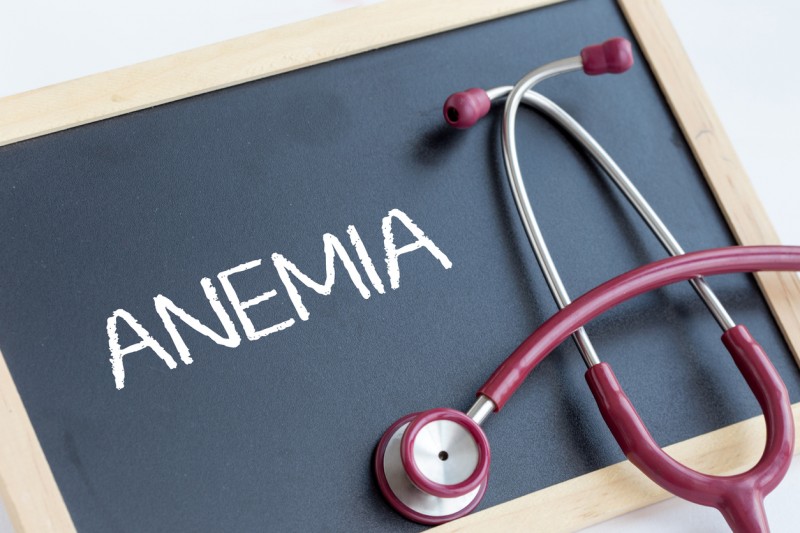
Anemia, a condition characterized by a deficiency of red blood cells or hemoglobin in the body, can have significant impacts on a woman's health and well-being. While it might not always be on the forefront of our minds, recognizing the signs of anemia is crucial for maintaining optimal health. Let's delve into the five key indicators that women should never overlook, as well as how to address them effectively.
Feeling excessively tired despite adequate rest? Anemia might be the culprit. When the body lacks sufficient red blood cells, it also lacks the oxygen they transport. This can lead to fatigue, weakness, and an overall lack of energy. It's essential to distinguish between regular tiredness and persistent fatigue, as the latter could be a signal that your body is struggling to transport oxygen effectively.
Take a moment to observe your skin. Is it looking paler than usual? Anemia can cause a reduction in the number of red blood cells, resulting in decreased oxygen delivery to the skin. This can manifest as a paler complexion. While various factors can influence skin tone, a sudden and noticeable paleness might be an indicator of an underlying issue.
If simple activities like climbing stairs leave you gasping for breath, anemia might be playing a role. The body's vital organs require oxygen to function optimally. Anemia reduces oxygen supply, leading to shortness of breath even during minor exertion. This breathlessness can be a clear sign that your body is struggling to maintain its oxygen balance.
Anemia can disrupt the cardiovascular system, causing the heart to work harder to compensate for the lack of oxygen. This can result in an irregular heartbeat, also known as arrhythmia. If you notice your heart racing or fluttering unexpectedly, it's essential to consider anemia as a potential contributor. Addressing the underlying anemia can often help regulate heart rhythm.
Do you find yourself getting weak even with minimal physical activity? This persistent weakness might be linked to anemia. Without adequate oxygen supply, muscles may not function as efficiently as they should, leading to feelings of weakness or even dizziness. If weakness persists despite proper nutrition and rest, it's time to explore potential underlying causes.
Recognizing these signs is the first step, but addressing anemia requires proactive measures. If you suspect anemia, consider these strategies:
Incorporate iron-rich foods like leafy greens, lean meats, beans, and fortified cereals into your diet. Iron is a vital component of hemoglobin, and ensuring an adequate intake can support healthy red blood cell production.
Pair iron-rich foods with vitamin C sources like citrus fruits and bell peppers. Vitamin C enhances iron absorption, making it easier for your body to utilize this essential mineral.
If you notice several of these symptoms persisting, consult a healthcare professional. A simple blood test can determine your hemoglobin levels and help diagnose anemia accurately.
In some cases, supplements might be recommended by a healthcare provider. These supplements can help boost your iron levels and aid in red blood cell production.
Anemia can be a sign of underlying health issues or lifestyle factors. Prioritize self-care by managing stress, getting regular exercise, and ensuring adequate sleep. Being attuned to your body's signals is essential for maintaining good health. Anemia, while common, should not be ignored. By recognizing the signs and taking proactive steps, you can ensure that your body receives the oxygen it needs to function optimally. Remember, your well-being is worth the attention.
Exploring the Remarkable Immunological Benefits of Mud
Are You a Fan of Morning Lemon Water? Beware of These 6 Potential Side Effects
How Much is Excessive? Exploring Serving Sizes and Expert Opinions